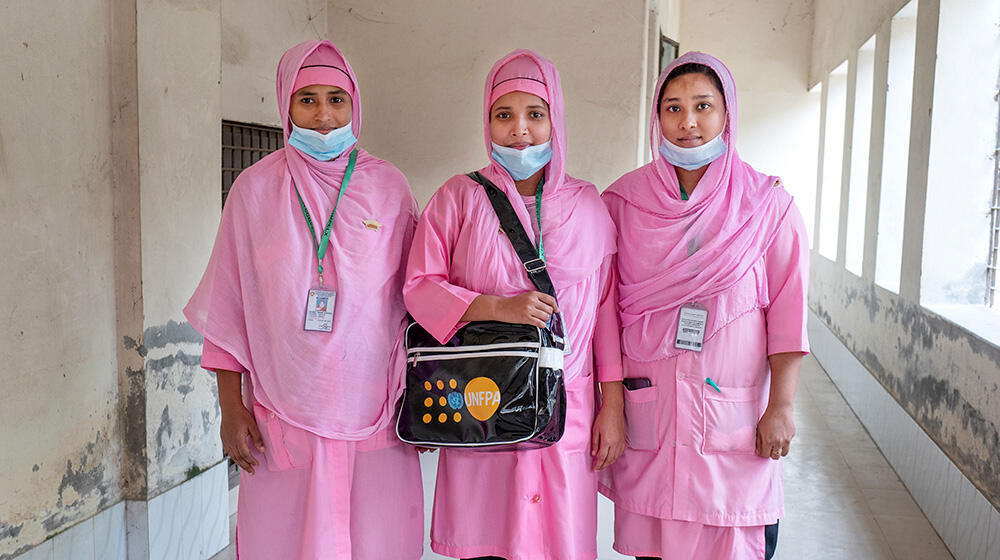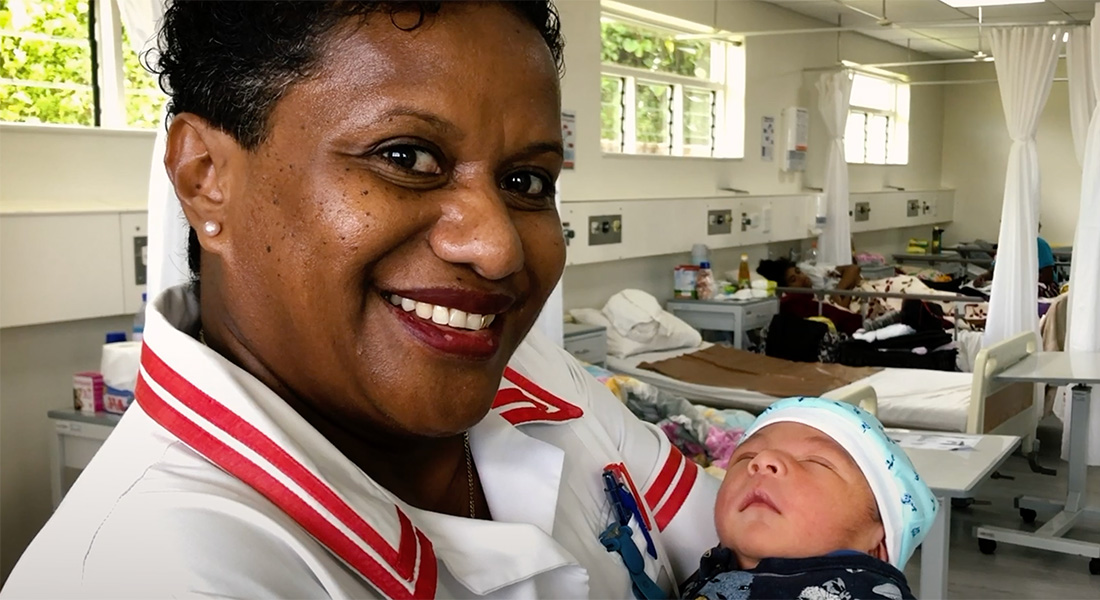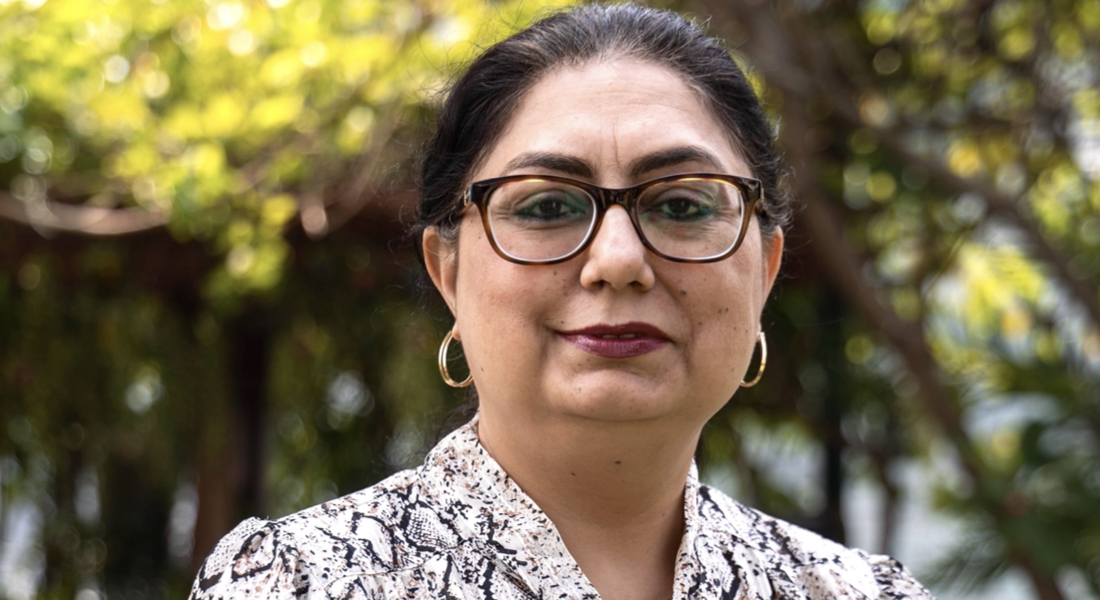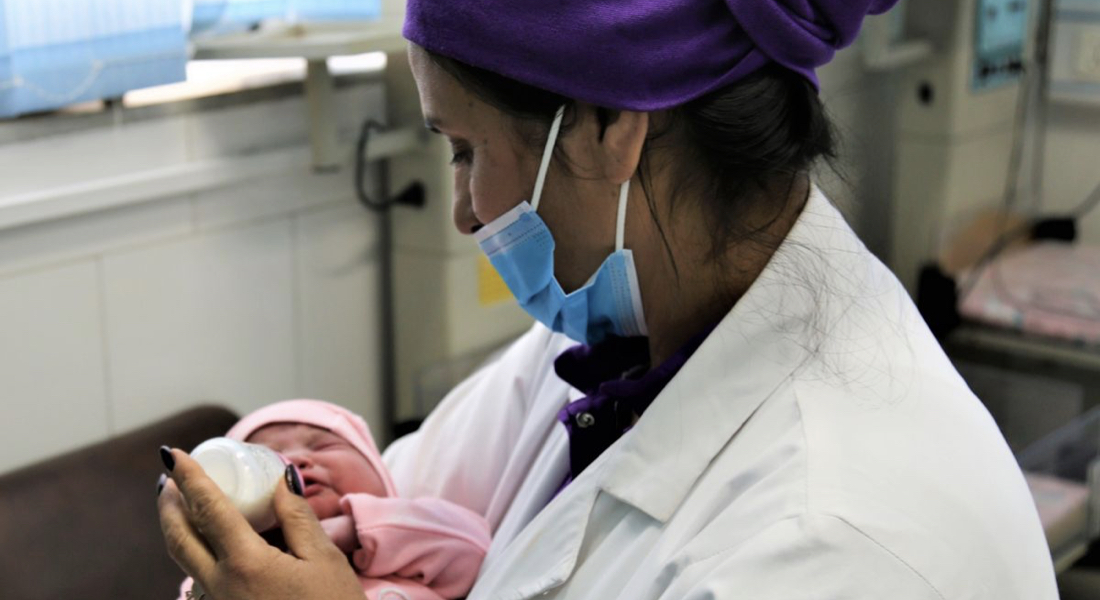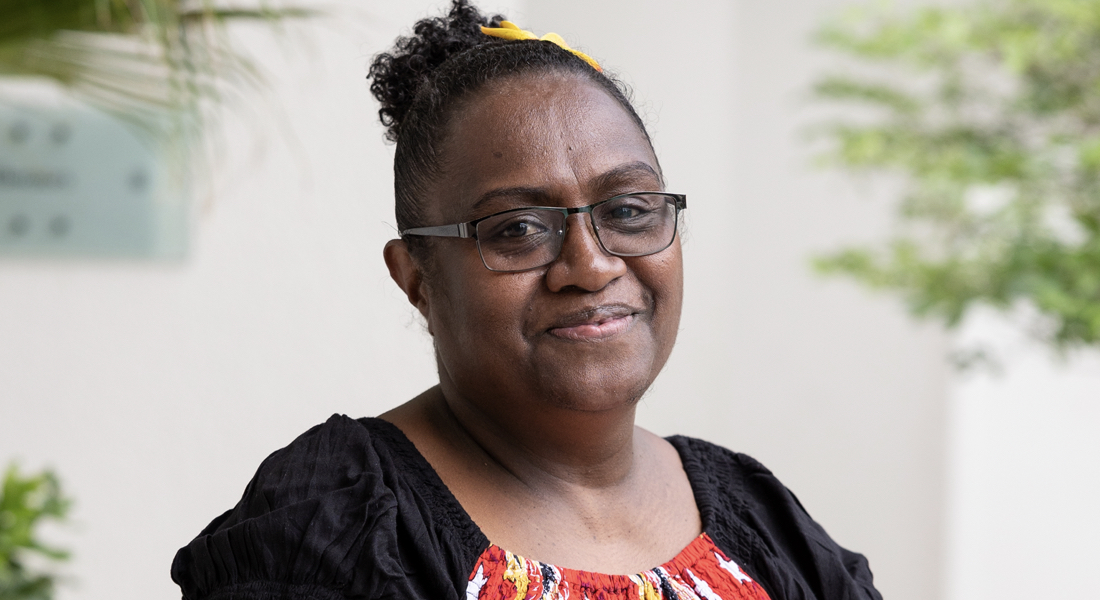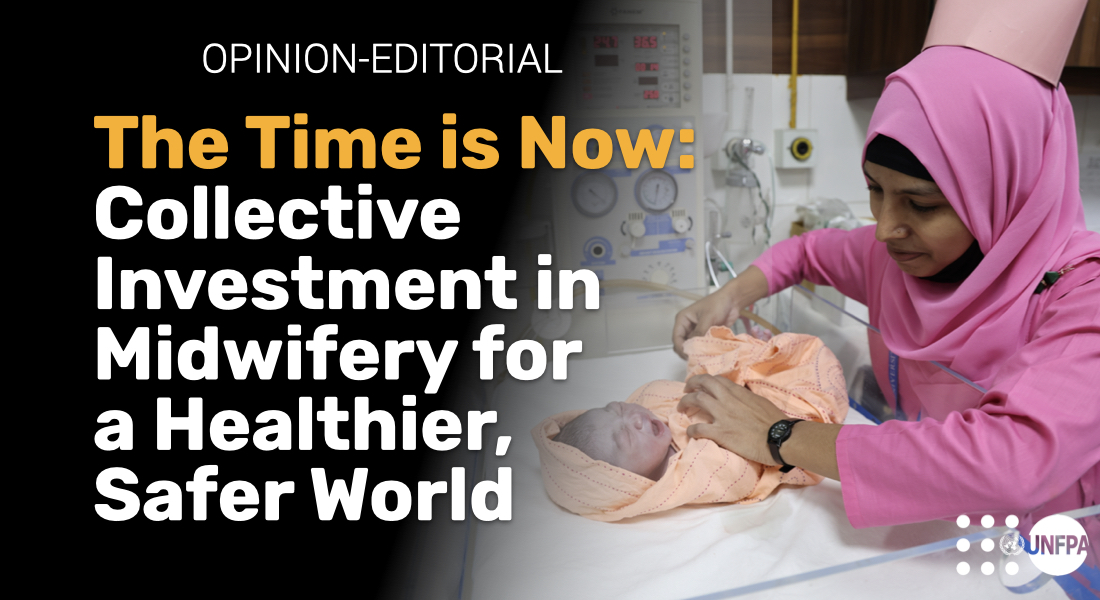Globally, the need for skilled maternal and newborn health care is immense. According to the World Health Organization (WHO), 287,000 women died during pregnancy and childbirth in 2020, with 94 per cent of these deaths occurring in low-resource settings. Every day, around 800 women die from preventable causes related to pregnancy and childbirth. This grim reality is a reminder that investing in midwifery is not merely a choice, but an urgent necessity.
Midwives possess the skills and expertise to provide essential care for women during pregnancy, childbirth, and beyond. The evidence is clear: investing in midwives and midwifery can save lives and transform communities.
This collection of portraits and profiles celebrates some of the midwives making a difference in the Asia Pacific region.
Fiji: Sera Tuvakei is Nurse Unit Manager at Makoi Maternity Unit in Suva It is the first birthing centre in the country run by midwives. Sera leads a team of 12 midwives and they help 3-4 women every day have a safe birth in a supportive setting led by midwives. ©UNFPA Pacific/Anirban Mahapatra VIDEO

Bangladesh: “It’s our role to ensure safe birth for every mother and newborn,” says Tithi. “Every morning when I wake up, I know I’m doing a good thing; I am able to support a mother when she really needs it.” Tithi Dakua is a midwife with the Rohingya Emergency Response project, supported by UNFPA implementing partner BAPSA. “The biggest challenge for women and mothers in Cox’s Bazar is that they are not educated about family planning at all.” Together with her colleagues, Tithi provides essential sexual and reproductive health services, and family planning education to both refugees and the surrounding host communities. ©UNFPA Bangladesh/Samantha Reinders READ MORE
Every two minutes a woman dies due to pregnancy or childbirth
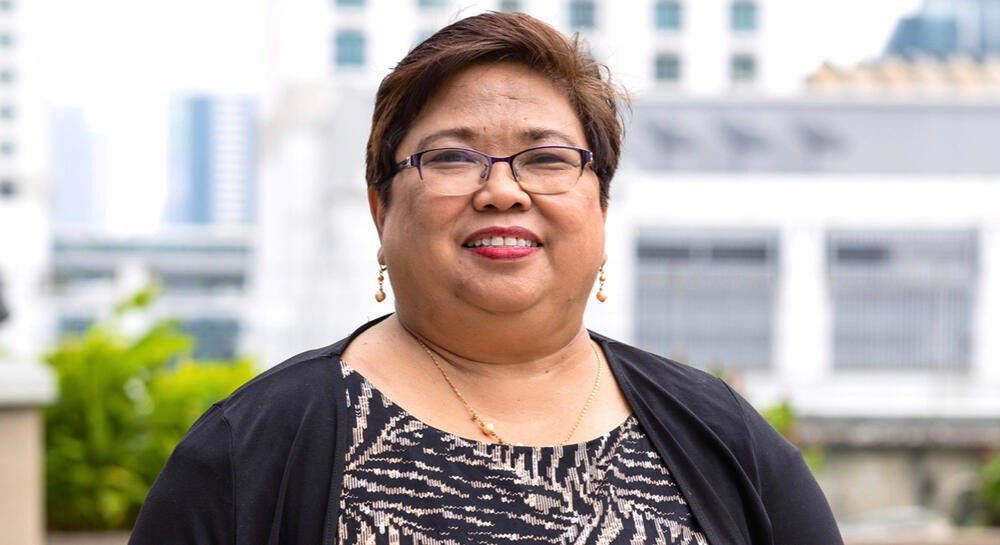
Philippines: “The end goal is that all midwives should be ready to provide safe, quality, competent, compassionate care to mothers and children.” Maria Teresa Padilla works as a midwife educator in the Philippines and leads the Association of Philippine Schools of Midwifery. During the pandemic she attended the Midwifery Faculty Development Program, an online curriculum of courses to strengthen midwifery education, led by UNFPA APRO in partnership with the Burnet Institute. When she completed the course, Maria Teresa took the initiative to get it adapted and rolled-out through midwifery faculties in the Philippines. ©UNFPA/Luke Duggleby READ MORE
“Healthcare systems continue to fail women and girls. This is why I am studying to be a midwife.”

Nepal: “I remember how hard it was when I was pregnant with my twins and about to give birth,” says Jyoti Karn. “I faced a lot of challenges - so much abuse, shouting and obstetric violence. My twins came 3 hours apart and I still didn't get anything to help me with the pain. It really got me thinking that this has to change,“ Jyoti is now in the 1st year of the Bachelors in Midwifery Programme in Kathmandu. “Healthcare systems continue to fail women and girls and I am sure there are many other mothers out there who have had a similar experience. This is why I am studying to be a midwife.” ©UNFPA Nepal/Luis Tato READ MORE
The world is short of 900,000 midwives
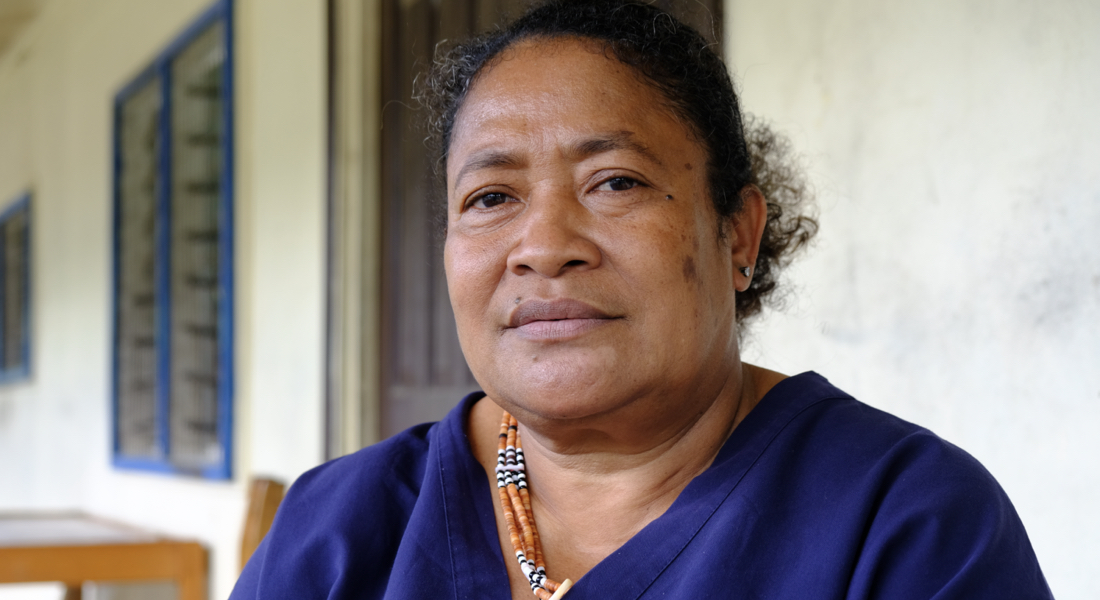
Solomon Islands: Esther Nevenga is a midwife at the White River Clinic in Honiara. In addition to providing midwifery services for mothers and babies, she is the focal point for gender-based violence and working with young people. “At our youth friendly health corner we see young people have violence, but they never talk about it,” says Esther, “But when they come, they trust somebody and they can say, ‘I face violence.’”
“Now with information going out, women are more open and when they face violence at home they come in and they come and say, “My husband beat me at home. We have to see whatever treatment we can give. It's a survivor-centred approach. It’s all about the survivor, if she wants to report but we always say that it’s good for the perpetrator to face justice.”
“We see women coming out and making a decision for themselves and moving on. What motivates me is seeing women through that referral pathway. They come through, and it gives them the strength to make the decision. Women are empowered to make the right decision for their safety.” ©UN Women/Rose
“If women support women, the world is going to be
a better place, a changed place.”
Dr. Inderdeep Kaur, India
India: “Well-trained and competent midwives are important,” says Dr. Inderdeep Kaur. She is a maternal and child health programme officer from the State of Punjab. “Women are sometimes in great pain so the words of compassion and the emotion starts right in the antenatal unit. When a woman is identified as high-risk, the bonding starts right then with the midwife. Midwives are providing emotional support as well as medical needs. When knowledge comes from a competent midwife, it makes a lot of impact.” ©UNFPA/Luke Duggleby VIDEO
Midwives provide 90 per cent of sexual and reproductive health services, but make up less than 10 percent of the global sexual, reproductive, maternal and newborn health workforce
Afghanistan: Since 2006, Shahla Oruzgani has been working at the Malalai Maternity Hospital, one of the busiest maternity hospitals in Kabul. As head midwife, Oruzgani has dedicated her life to helping women and children. Her mission is clear. “I report to work with a feeling of responsibility,” she says. “I’m committed and the reason behind this is that the mothers and newborns need my support.” ©UNFPA/Afghanistan READ MORE
Papua New Guinea: “We need more midwives in Papua New Guinea because we have a growing population,” says Cherolyn Polomon. She is a Midwifery Educator in a country with an under-funded health system.“There are not enough health workers so women come in and they have to wait for someone to see them. Many women give up along the way and go home. Midwives become change agents and provide the best respectful maternity care. As an educator I want to take students out to practise in the rural areas where women don’t have access to healthcare. I want to take midwives out to be with the women.” ©UNFPA/Luke Duggleby VIDEO
“Midwives become change-agents and provide the best
respectful maternity care.”
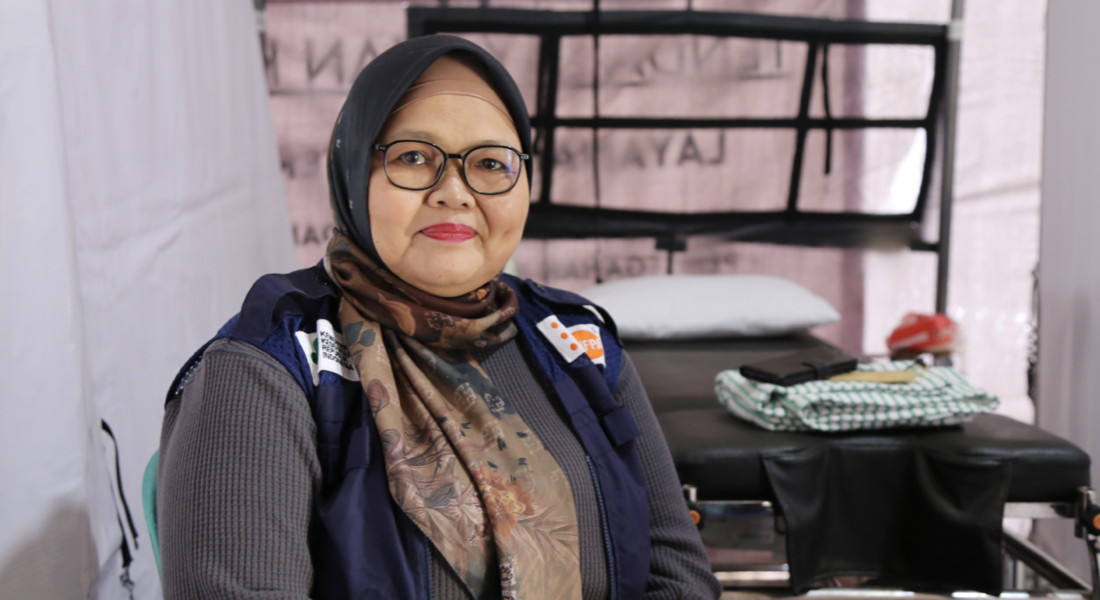
Indonesia: Sri Rezeki Guntari is with the Indonesian Midwives Association (IBI). She is part of the team providing assistance to women impacted by disasters. When the earthquake hit Cianjur on 22 November, 2022 within days UNFPA set up a reproductive health tent in Cugenang, the most affected district. Sri Rezeki was part of the team deployed to help women give birth in a safe place. “Some pregnant girls are only 16 years old,” she says. “I had a 21 year old mother who was giving birth and she had a 5 year old already.” Sri Rezeki says many patients get gastrointestinal disorders because of the conditions following the disaster. “It is stressful not knowing what is happening. The families had a plan for the birth, and now that is not happening. We create a good environment and we hope that our clinic has good facilities focused for birth. It’s important for pregnant women to stay physically and mentally fit so the birth goes smoothly, for mother and baby. I really hope that pregnant women get regular checkups and support their babies.” ©UNFPA Indonesia/ Lucky Putra

Lao PDR: “For women in rural areas they can’t get to the healthcare service when they’re pregnant and they do delivery at home,” says Souksavanh Keobailuang, A Midwifery Educator from Xiengkhuang College of Health Sciences. “I am a midwife, and a midwife educator. I provide training, especially for midwives in the rural areas to get the knowledge and skills to teach them how to care for women who are pregnant during antenatal care for birth and after. I’m proud because I can apply my knowledge to help many students. After the training, they can help the mother and child. Midwives really can reduce maternal mortality in Lao PDR.” ©UNFPA/Luke Duggleby
“Despite the chaos, we midwives continued to work as per normal.”
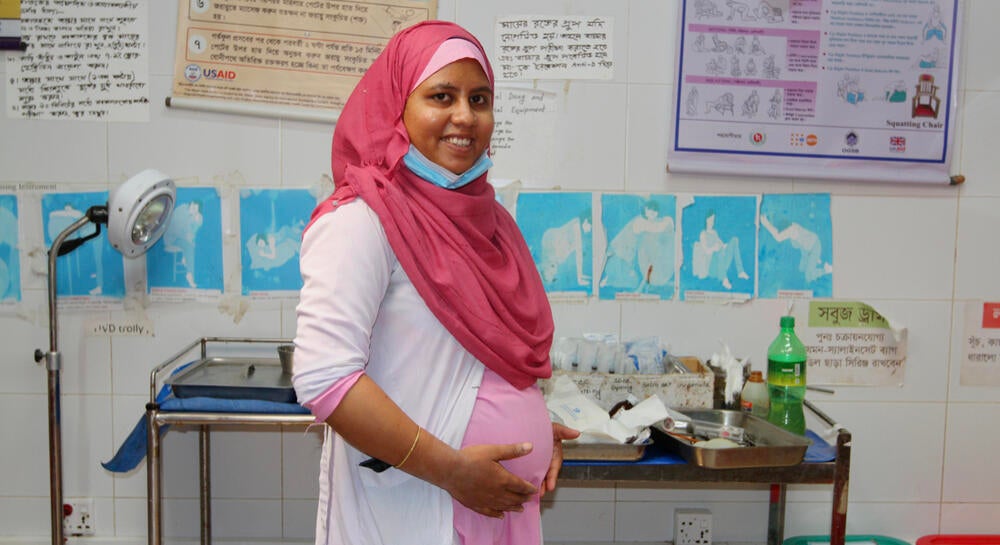
Bangladesh: Hazera Akther is a midwife from Sardar Upazila Health Complex in Sunamganj District that was impacted by the floods in northeastern Bangladesh in June 2022. She was 7 months pregnant when the storms hit. “There was water everywhere,” she recalls. “There was pure chaos everywhere. People were rushing all over the place and the roads were covered in water. Despite the chaos, we midwives continued to work as per normal.”
Her workplace is walking distance away from her house, but it was necessary to take a boat to reach the hospital because of the flood waters. “If we could not find a boat, we had to walk through the water to the hospital. the water level would reach my chest and I would perform my duties for the rest of the day in wet clothes.”
“I was afraid of snakes in the water and about my legs getting cut on something,” she says. “None of us stayed back at home, because we knew that if there were no midwives or nurses in the hospital, the lives of the pregnant mothers would be at risk.” ©UNFPA Bangladesh READ MORE
OPINION EDITORIAL: The Time is Now: Collective Investment in Midwifery for a Healthier, Safer World. Opinion Editorial on the occasion of International Day of the Midwife 2023 by Mr. Björn Andersson, UNFPA Regional Director for Asia and the Pacific. READ MORE
Learn more
Ending preventable maternal deaths in Asia and the Pacific
The State of the World’s Midwifery Report - 2021
Global Standards for Midwifery Regulation
Policy Brief: Quality Midwifery Education needs to address Minimum Global Standards

